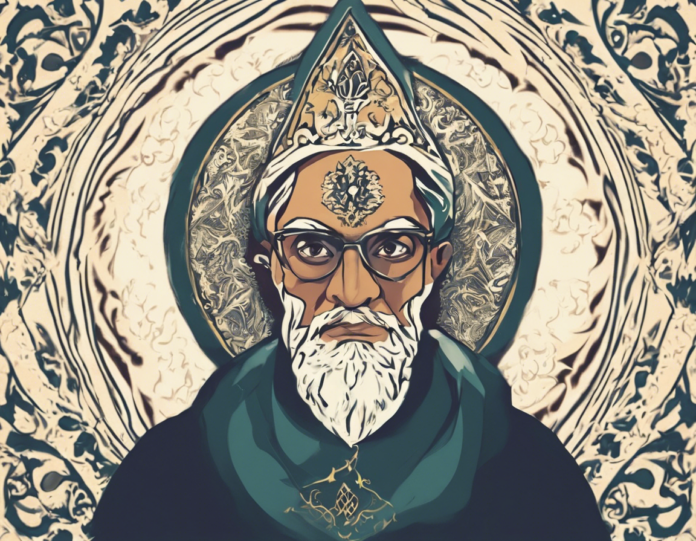Peer-e-Kamil (SAW) is a novel by Umera Ahmed that has captivated readers with its powerful story of transformation and spiritual growth. The title itself means “The Perfect Mentor” in Urdu, and it tells the tale of two individuals, Imama and Salaar, whose lives are deeply intertwined by fate and faith.
The Characters:
Imama:
Imama is a young woman who comes from a conservative background but is struggling to find her own path in life. She is intelligent, kind-hearted, and deeply spiritual, but she faces numerous challenges as she tries to navigate between her family’s expectations and her own desires.
Salaar:
Salaar is a brilliant but arrogant young man who is successful in the eyes of the world but is lost and empty inside. Despite his material success, he feels a deep emptiness that he can’t seem to fill. His encounter with Imama changes his life in ways he never could have imagined.
Themes Explored in Peer-e-Kamil:
Transformation:
One of the central themes of Peer-e-Kamil is transformation. Both Imama and Salaar undergo profound changes throughout the novel, evolving into better versions of themselves through their spiritual journey. Imama finds strength in her faith, while Salaar learns to let go of his ego and embrace humility.
Faith:
Faith is another key theme in Peer-e-Kamil. Imama’s unwavering belief in God and Salaar’s journey towards rediscovering his faith are central to the novel. Through their experiences, the characters learn the power of faith to guide them through life’s challenges and trials.
Love:
Love, in its various forms, is a powerful force in Peer-e-Kamil. Imama and Salaar’s love for each other, as well as their love for God, drives many of their actions throughout the novel. Love becomes a source of strength and healing for the characters, helping them overcome their pasts and embrace a brighter future.
The Spiritual Journey:
The spiritual journey that Imama and Salaar embark on is at the heart of Peer-e-Kamil. Through their trials and tribulations, they learn valuable lessons about themselves, their faith, and the true meaning of life. Imama’s steadfastness in the face of adversity and Salaar’s transformation from arrogance to humility serve as powerful examples of the transformative power of spirituality.
Conclusion:
Peer-e-Kamil is a novel that resonates with readers across cultures and backgrounds, touching on universal themes of faith, love, and transformation. Through the journeys of Imama and Salaar, readers are reminded of the importance of staying true to one’s beliefs, finding strength in times of weakness, and striving to be better versions of themselves. Umera Ahmed’s masterful storytelling and deep insight into the human experience make Peer-e-Kamil a timeless classic that continues to inspire and uplift readers around the world.
Frequently Asked Questions (FAQs):
Q: What is the significance of the title “Peer-e-Kamil”?
A: The title “Peer-e-Kamil” means “The Perfect Mentor” in Urdu, highlighting the role of guidance and mentorship in the novel.
Q: Is Peer-e-Kamil a religious novel?
A: While Peer-e-Kamil explores themes of faith and spirituality, it is ultimately a story about the human experience and the journey towards personal growth and enlightenment.
Q: What lessons can readers take away from Peer-e-Kamil?
A: Readers can learn about the power of faith, the importance of love, and the transformative nature of personal growth and spiritual development.
Q: Is Peer-e-Kamil suitable for readers of all ages?
A: Peer-e-Kamil addresses mature themes and complex emotions, so it may be more suitable for older readers who can appreciate its depth and nuance.
Q: Why has Peer-e-Kamil become such a popular novel?
A: Peer-e-Kamil’s universal themes, relatable characters, and powerful storytelling have contributed to its enduring popularity among readers.
Q: What sets Peer-e-Kamil apart from other novels?
A: Peer-e-Kamil stands out for its exploration of spiritual themes, its complex and well-developed characters, and its ability to deeply resonate with readers on a personal level.

